
Cómo financiar la educación universitaria: Pasado vs. presente
This is the Spanish translation of the article: “Financing a College Education Past Vs. Present” published in H.O. in May 2018
""

This is the Spanish translation of the article: “Financing a College Education Past Vs. Present” published in H.O. in May 2018

This growth of support aligns with recent research that has focused on the role that higher education, and Hispanic Serving Institutions in particular, can play in building economic and workforce stability by understanding the needs, interests, skills and talents of Latinos in the United States.

Albert Einstein, whose theories revolutionized our understanding of the universe, questioned the practical application of theories versus their theoretical ideals. This skepticism extends to modern university concepts like "safe spaces," highlighting discrepancies between theory and practice in higher education's organizational principles and societal challenges.

The study examines how identity-based acculturation and place of birth influence the relationship between traumatic stress due to family separation and depression in Latine college students. It found that U.S. Identity and being foreign-born moderate this relationship, affecting depressive symptoms.
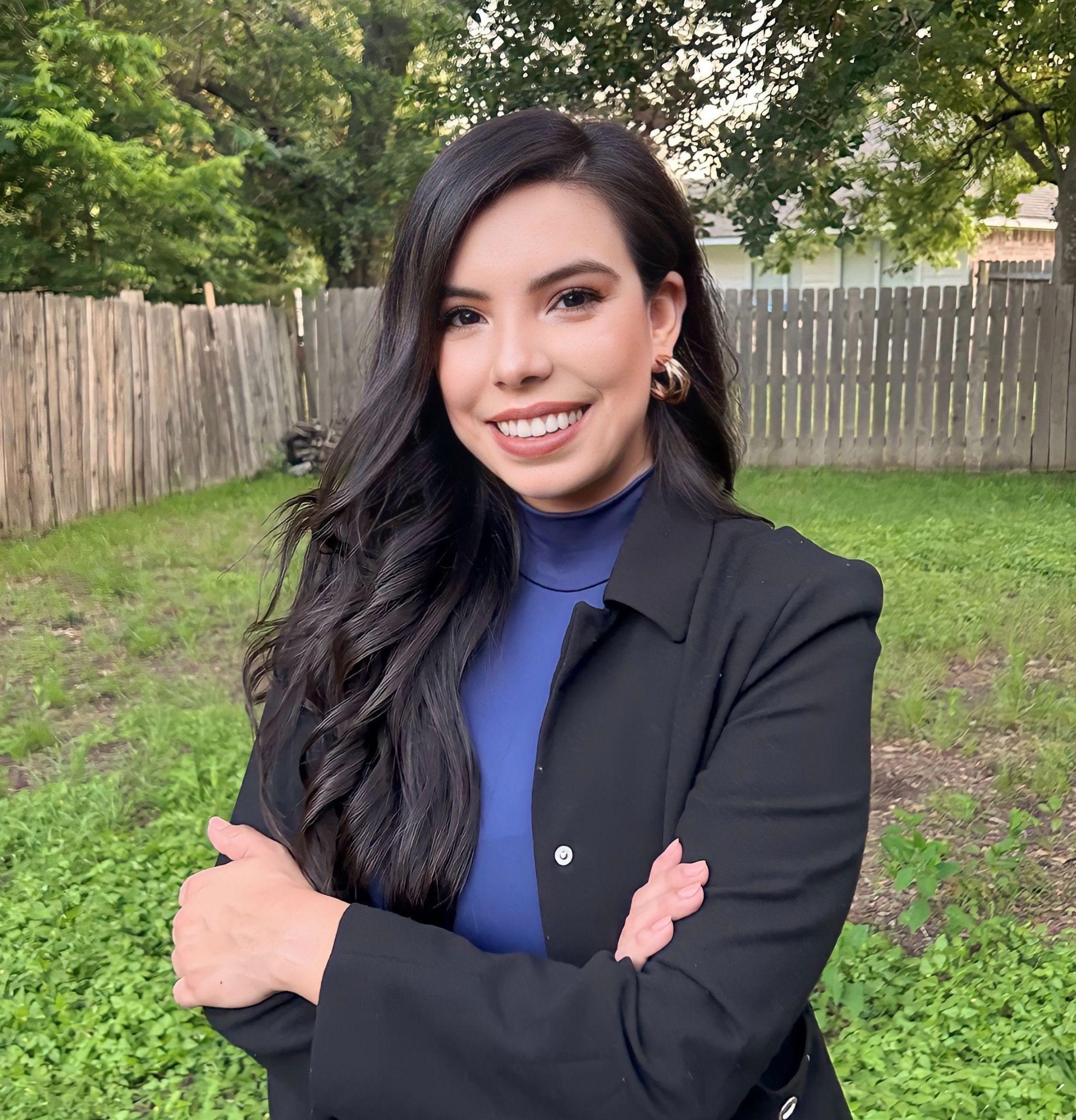
by

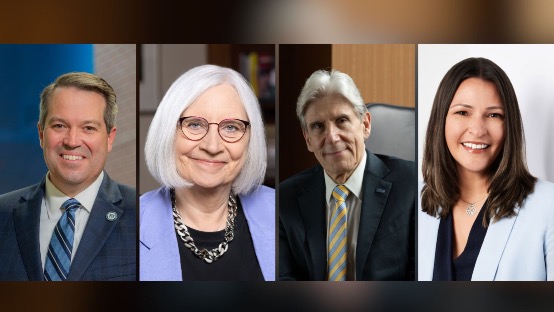
At H.O. we congratulate new education leaders that have embarked on the challenging but very rewarding journey of education leadership.
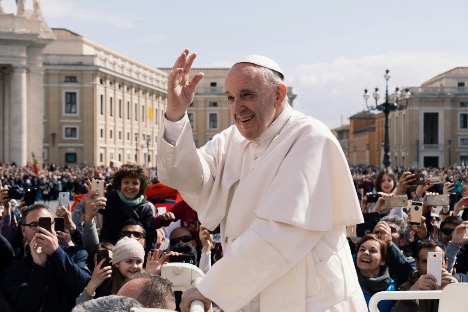
Photo by Ashwin Vaswani on Unsplash Pope Francis inspired global climate action through his encyclicals, advocacy for Indigenous rights, and moral leadership. His legacy connects faith with environmental justice, influencing political summits, grassroots activism, and the Catholic Church’s commitment to ecological and social responsibility.
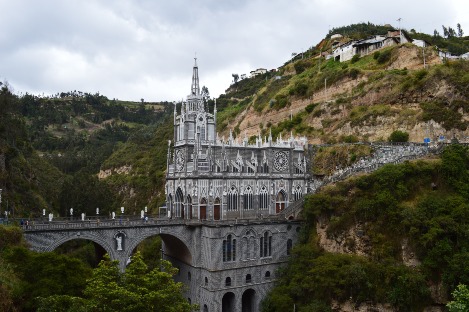
Catholic worship spaces vary in purpose and hierarchy, from chapels to cathedrals and basilicas—churches granted special status for their historical and spiritual importance. This piece highlights five remarkable Latin American basilicas that continue to serve as pilgrimage destinations and cultural landmarks.

In this issue, we provide readers with a basic profile of Latin American and Caribbean Studies – how many students obtain degrees and certificates in this field, and how has this evolved over the past 30 years? To what extent have Hispanic/Latino students taken part in these programs?
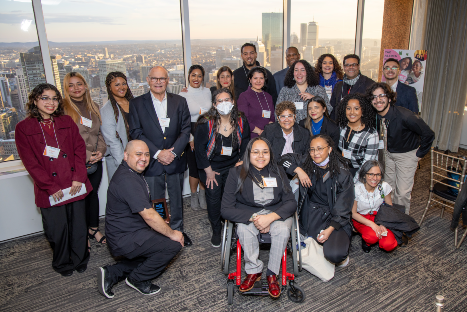
Established in 1989, the Mauricio Gastón Institute for Latino Community Development & Public Policy at UMass Boston advances Latino leadership through programs for multilingual youth and UMass Boston undergraduates, emphasizing community cultural wealth and academic success.
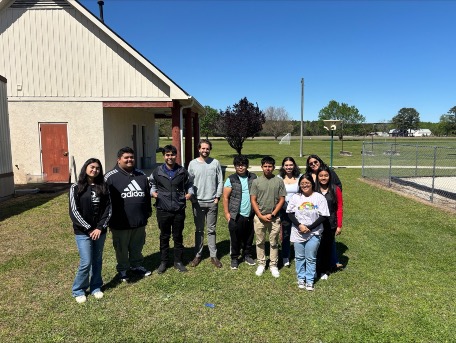
SAF empowers farmworkers and students through education, leadership development, and advocacy, addressing critical needs like higher education access and dignified living conditions. Programs like Into the Fields, Solidaridad, Levante Leadership Institute, and From the Ground Up nurture future leaders committed to social justice.

by
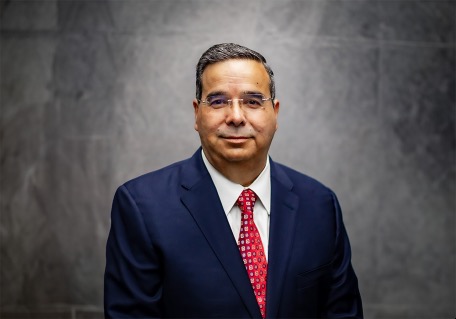
Salvador Hector Ochoa’s career focuses on meeting Hispanic students' psychosocial and educational needs, emphasizing proactive engagement, curriculum alignment, and support structures to improve outcomes, especially for first-generation students, while managing rapid growth at Texas A&M-San Antonio.